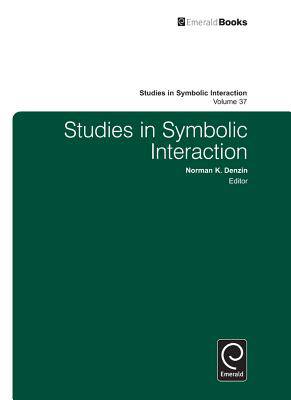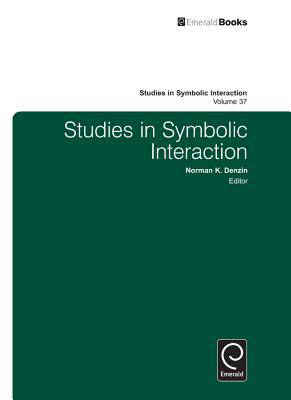
- Afhalen na 1 uur in een winkel met voorraad
- Gratis thuislevering in België vanaf € 30
- Ruim aanbod met 7 miljoen producten
- Afhalen na 1 uur in een winkel met voorraad
- Gratis thuislevering in België vanaf € 30
- Ruim aanbod met 7 miljoen producten
Zoeken
Studies in Symbolic Interaction
€ 302,95
+ 605 punten
Omschrijving
Volume 37 in the bi-annual series "Studies in Symbolic Interaction" is divided into three distinct parts: Part One, Theoretical Openings, focuses on new theoretical work in the interactionist tradition by leading interdisciplinary scholars. It examines the mesodomain of welfare reform through re-negotiating the order of economic inequality, provides a grounded fractal analysis into the medicalization of homelessness and the sociology of the self, and looks at the labeling of immigrant men as criminals. In Part Two, Studies in Social Construction, focus shifts to issues of gender, ethnicity, illness and the urban situation including articles on the social constructions of the non-prejudiced white self, women's interaction with romantic comedies and the impact on their relationship, and engaging cultural narratives of the ethnic restaurant. The third and final part, Autoethnographic Interventions, turns inward to autoethnographic reflections on identity, technology, family, work and self including contributions on the digital evolution of an American identity and nursing's moral imperative as the flexible professional and the discourse of unexpected evidence.
Specificaties
Betrokkenen
- Uitgeverij:
Inhoud
- Aantal bladzijden:
- 272
- Taal:
- Engels
- Reeks:
- Reeksnummer:
- nr. 37
Eigenschappen
- Productcode (EAN):
- 9781780521565
- Verschijningsdatum:
- 6/10/2011
- Uitvoering:
- Hardcover
- Formaat:
- Ongenaaid / garenloos gebonden
- Afmetingen:
- 157 mm x 231 mm
- Gewicht:
- 498 g

Alleen bij Standaard Boekhandel
+ 605 punten op je klantenkaart van Standaard Boekhandel
Beoordelingen
We publiceren alleen reviews die voldoen aan de voorwaarden voor reviews. Bekijk onze voorwaarden voor reviews.










